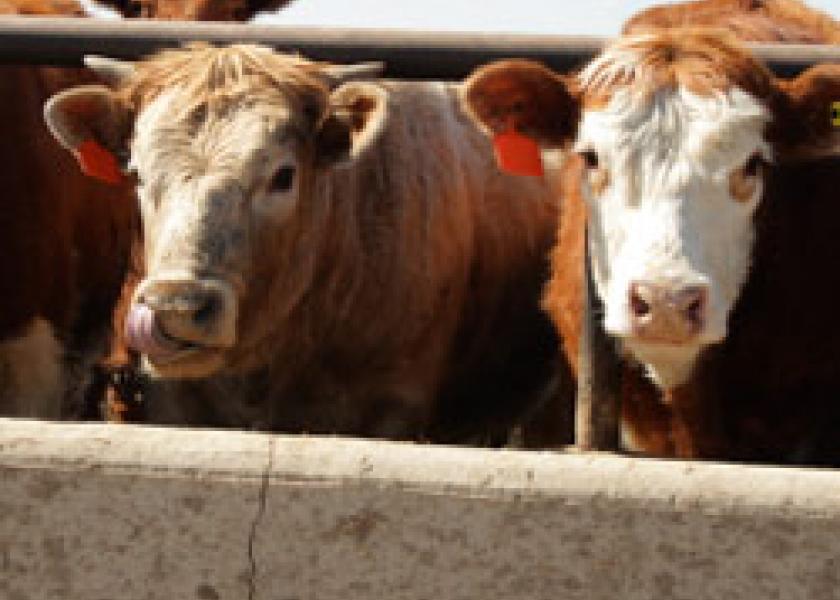Cattle Markets in the Information Age

The opinions expressed in this commentary are those of Mike Deering, a cattle producer from Montgomery City, Mo., and the executive vice president of the Missouri Cattlemen's Association.

Cattle feeders and packers are trading more cattle on a formula-based system and less through negotiated trade like livestock markets or direct sales where the packer takes delivery within two weeks. The U.S. Department of Agriculture reports formula transactions accounted for approximately 30 percent of fed cattle sales in 2004. Fast-forward to 2019 when formula transactions more than doubled to roughly 66 percent. As this trend continues, the concern over thin markets escalates because the dwindling negotiated sales are being used as the base price in nearly 70 percent of all fed cattle traded. One could argue that cattle traded in the Midwest, where negotiated trade is still king, sets the price for the lion's share of fed cattle.
The struggle is price discovery. Details of formula deals are largely unavailable and leaves many trying to figure out formula pricing. We know it is based off of negotiated cash trade, but there is more to it. The formula could consider quality and yield grades, dressing percentage, number of head or the point spread in a Chiefs' game. Who knows? No two formulas are identical. Those transactions are not reported the same way as negotiated cash trade. Producers and consumers should know how many head traded on every formula each week no different than negotiated trade. If you knew how big the margins are in formula trade, you wouldn't have to speculate if retailers or packers are taking a bigger slice of the pie. Today, it is difficult to define the distribution of profit.
One of the resolutions the Missouri Cattlemen's Association was a leader on that ultimately passed through NCBA's policy process requires reporting more information on formula deals. This resolution received fire from feeders and packers in Texas and Kansas because the formulas are working for them and I get that. They are concerned with confidentiality and I respect that. We aren't opposed to formula trade nor are we on some packer-hating bandwagon. All we want are cattle markets to provide opportunities for all segments to be profitable. We don't want markets suppressed.
There are likely better ideas out there and that conversation needs to happen because Livestock Mandatory Price Reporting is up for reauthorization. Now is the time to make changes. No matter your opinion on these complex issues, awareness is higher than ever and that's a victory that will hopefully lead to solutions. NCBA is the organization that can get things done and that's why our affiliation and involvement is so critical. We will not be on the sidelines. We're from Missouri where we refuse to settle for good enough.
Mike Deering is cattle producer from Montgomery City, Missouri, and serves as the executive vice president of the Missouri Cattlemen's Association.







